How to build assets? This question might get interpreted by different people in various age groups.
For the younger generation (not generally, we're not generational bias here!), building assets might mean accumulating real estate, pieces of machinery for businesses, and so on.
However, do you want to know the secret to create wealth? It's no secret that most wealthy people on the planet are rich or multi-millionaires because of the assets they own and their overall net worth.
Do you ever wonder how they could build such an empire and boatloads of money from different backgrounds? If it can happen to a lot more people, what's stopping you?
The general idea on how to build assets is to invest your money. From there, use your investment to accumulate assets.
Let's have a brief overview of what exactly an asset is. By definition, an asset is anything of resource that is valuable. Anything on a company's book's considered as having a positive monetary value.
Moreover, assets are reported on a firm's balance sheet (let's explore more on this later).
On the other hand, the accumulation of assets is how you obtain them—the method, such as an excellent old investment.
Now, what is an investment? To put it plainly, to invest something is putting your money to work for you. It means you let your money multiply and make additional money, thus, increasing your net worth.
However, you might be thinking right now, how about a house or a car? Isn't it considered an asset? Well, do you really think so?
In this post, let's find out how to build assets and answer whether a house or a car is a worthy asset.
Because if you don't know how to build assets and don't let money work for you, you will work until you die.
Related reads: How to Start Investing Your Money Like a Pro
Why and how to build assets?

First and foremost, let's start with the “why.”
Why build assets?
Besides the fact that it is one key to wealth, even wealthy people save money.
Think of it this way. Investing in an asset believes firmly that your $100 today will yield a thousand or even a million $ $$$ in x time.
For instance, a trade-off or a compromise. It would be best if you built assets while young so that your future self will be ethereal grateful. Building assets now, for the future, is hoping that what you buy now will accumulate money.
It may sound bored futuristic at some point, but we only have as much money for a limited time and limited life.
Another reason why you should learn how to build assets is to support any financial goals you have in mind. You will reach your financial goals if you build assets today.
For example, your ultimate goal is financial independence or being debt-free. If you've got a lot of money and assets supporting your goals, you're not far away from living your dream life!
How to build assets: Liabilities vs. Assets
If you think that assets are all the good guys, there are two sides to the coin. However, once you understand the critical points between assets and liabilities, it's life-changing.
It's like determining your likes vs. wants. So, what are you buying today? Do you think it's an asset that will make you money in the future or simply a liability that you have to pay for the following years with mountains of interest?
For example, a house. Where will you categorize it? Is a house an asset or a liability?
According to businessman and author Robert Kiyosaki, in his best-selling personal finance book, “Rich Dad, Poor Dad,” a house should be viewed as a liability.
He's not entirely discouraging you from owning or buying your own house. He thinks that homes would not appreciate. Well, point taken; talk about maintenance and repairs or renovation cost. Unless you have spare money or a house fund dedicated to it, it shouldn't be a problem.
Now, how about a car? A car is a vehicle in its most accurate form, a machine that depreciates over time due to wear and tear, not to mention the expensive maintenance cost and gas.
Therefore, both a house and a car are a liability. However, it doesn't end there.
The good news is you can convert these static liabilities into income-generating assets. In other words, it means that from acquiring one liability, you can turn it into an asset that will make you money instead.
Sounds cool? Read more to find out!
Related readings:
- Carvertise Review- How Much Can You Get Paid To Wrap Your Car?
- Wrapify Review: How to earn passive income by driving your car?
What are income-generating assets?
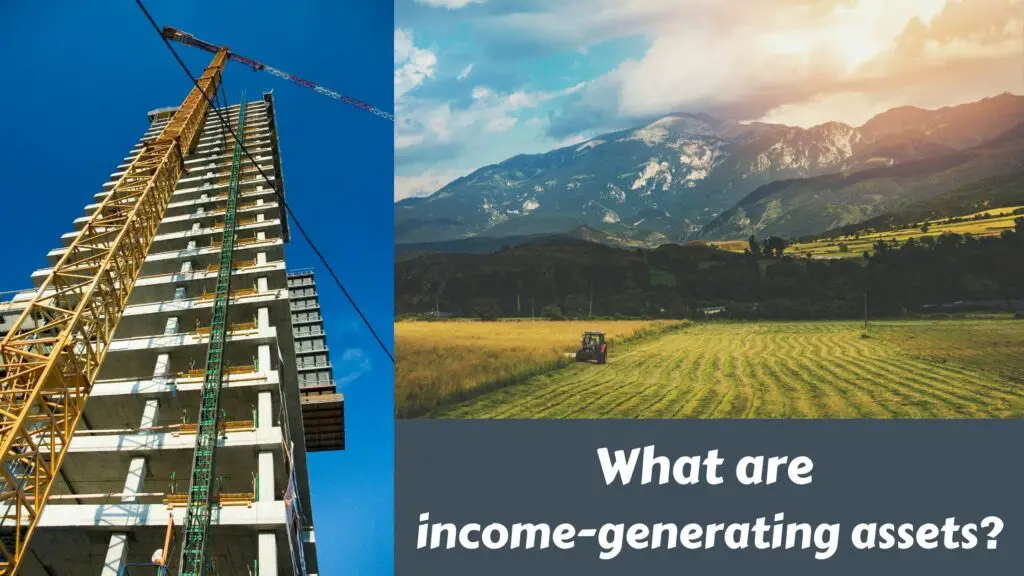
Income-generating assets compared to Non-productive assets are what will constitute your wealth. The former will give and make you money, even a passive one. That is, making money while you sleep.
On the other hand, the latter will not give you anything. Non-productive assets do not produce anything in themselves. Furthermore, there's no guarantee that the amount will appreciate.
You wait for someone to buy your non-productive asset hoping, to profit and sold it higher than what you initially purchased it—for instance, jewelry, antiques, painting, among the few.
Hence, it's crucial to diversify. Diversification means don't put all your eggs in one basket. If one asset or investment fails, others can pull it up and work for you through diversification. Essentially, you can break even.
How to build assets?
If you want to know how to build assets even with a small starting capital or even when you're young, remember the acronym: SIM
SIM, short for SAVE, INVEST, and MAKE.
First on the list is to save. You should keep enough money to fund your asset building. The most important thing is to save more and save as much as you can. I repeat, save money, baby!
Most significantly, don't forget to build a strong foundation of your emergency fund first. Fallback money can come in such a very long helpful way. If you have enough money stashed away for when life is a bitch, then widen your horizon to make a lot more of it!
So, this is where the I in the SIM comes in. You should invest your money. Investing means growing your money. The most common way is investing in stocks and bonds or venturing into a start-up business.
Essentially, investing is all about using your capital to grow more wealth—you first layout your money or fortune with an expectation of a profit. From there, you should learn how to lock in profits for when your capital appreciates.
The third and the last one is Make. This pertains to learning how to make more money. Of course, if you have spare cash, where else would you put it? Think about what more money you could have and do with it.
There are vast means to make money offline and online. Start making money in the comfort of your home too!
Above all else, it's essential to ingrain the investor mindset. An investor is someone who knows how to wait, patient but knows when to get out.
Also, an investor is someone who invests in a company or something that he or she values. Don't fell into the hype! Do a risk assessment and invest first in your knowledge.
How to build assets that generate income?
Below is a summary table with each asset's low and high-risk classification plus their pros and cons.
PROS | CONS | |
High-risk | ||
1. Stocks 2. Rental Properties 3. Farmland 4. Crowdlending 5. Business venture | 1. High historic returns and low maintenance. 2. Higher returns considering leverage. 3. Unique financial assets and great inflation hedge. 4. Easy to set-up. 5. Full ownership, can create a brand or product and solve people's problem. | 1. Volatility is high. 2. Less diversification, asset managament can be challenging. 3. Less liquid plus potential higher fees. 4. Lower returns, possible hidden risks. 5. Labor intensive, no gurantee of success or payoff and needs serious time commitment. |
Low-risk | 1. Safe and with fixed interest on banks. 2. Low volatility. 3. Can own real estate property. 4. Many resources available and can have a self-paced learning. | 1. Not quick to liquidate, low returns if opted for variable interest. 2. Low returns, risks of inflation, low income in low rate envioronment. 3. Higher volatility. 4. Not credible coaches or scammers after your money. Depends on your self-learning timeline curve. |
1. Certificate of Deposits CDs 2. Bonds and Mutual Funds 3. REITs 4. Skills |
Certificate of Deposits (CDs)
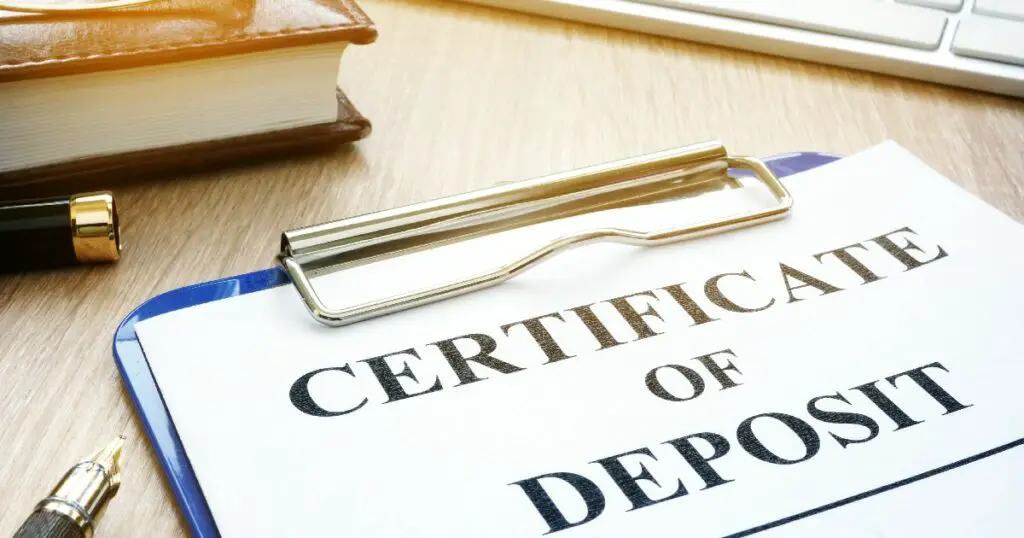
Well, first of all, you might question the list as to why certificates of deposits or CDs are included as an income-generating asset.
Basically, CDs are money you lent to a bank. After some time or after a specific window period, you get the interest plus your original principal.
This is a great way to park a huge amount of money since you simply put it in a bank and grow interest—no work to be done on your part. However, the downside is that the interest rate may not be high at all and might not be a stronghold to build and grow your wealth.
At least your money is safe, though. Therefore, if you've been into your new financial awakening, and you want to start doing something right with your money, slowly, but indeed CDs is one of an excellent option for you.
Bonds and Mutual Funds
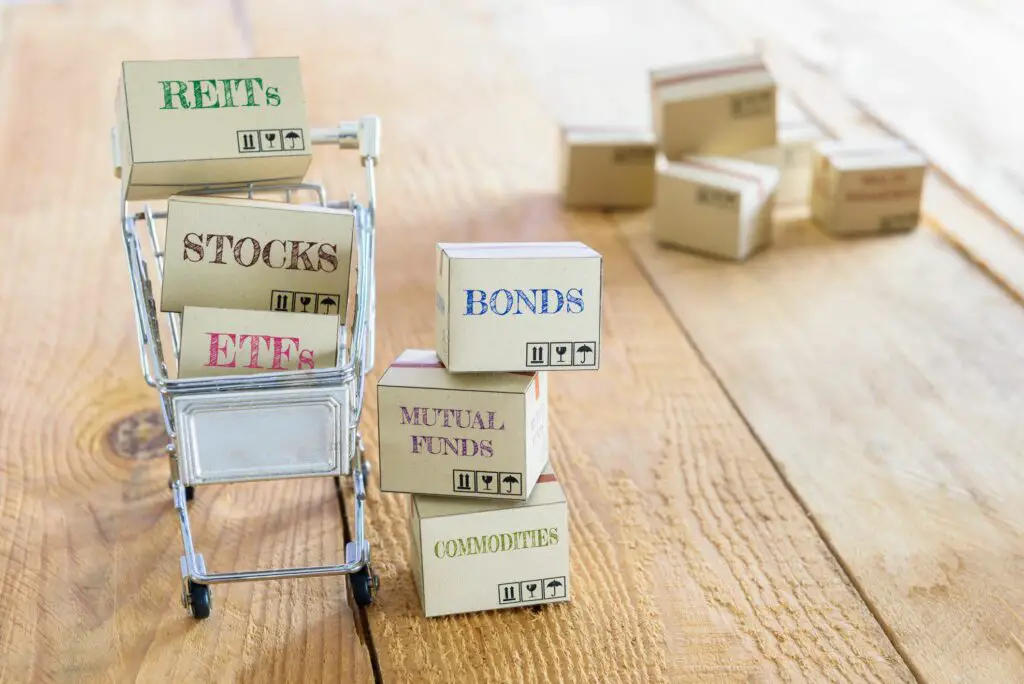
Another type of low-risk asset you can include in your portfolio is bonds and mutual funds.
Essentially, bonds are money you lent to the government or corporations. There are different types of bonds—for instance, treasury bonds, municipal bonds, and corporate bonds, among the few.
Since you, as the investor, let governments or companies borrow money from you, there is a guaranteed way that you will get your money back plus interest. The interest you will get in bonds is also fixed.
On the other hand, mutual funds are professionally managed investment portfolios used by fund managers and different securities such as stocks and bonds. Furthermore, the interest gained in mutual funds varies depending on the market's performance.
Again, if you want a safe, low-risk type of assets to build, you can start with bonds and mutual funds.
REITs
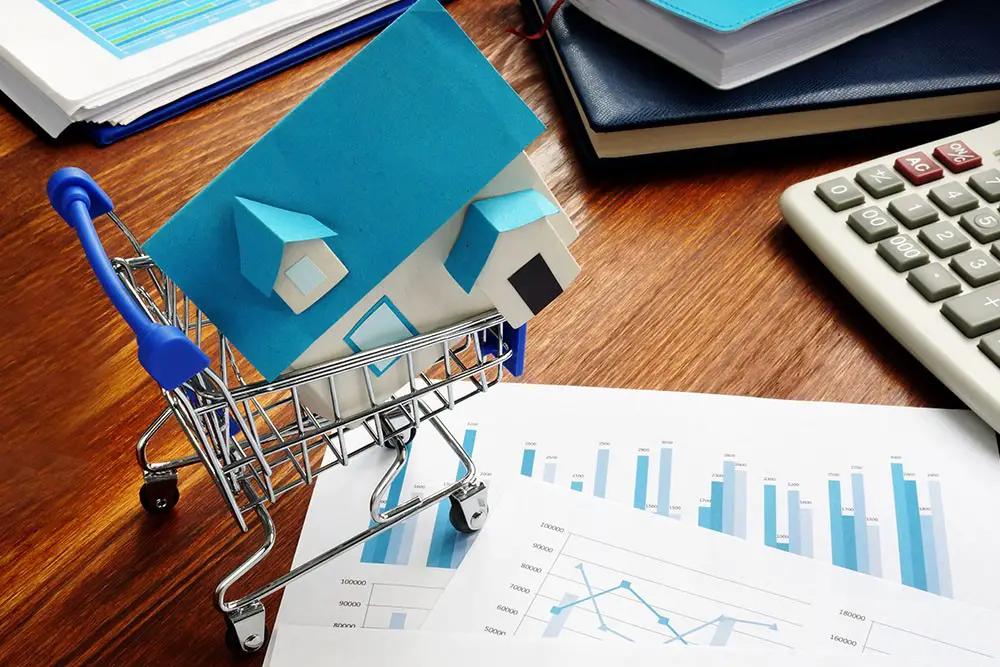
Also known as real estate investment trusts, REITs are also a low-risk way to build assets.
If you want to explore the world of real estate and want to own a few properties but don't want to manage the hassle out of it, then REITs is a good investment for you.
Most significantly, REITs offer steady passive income. Investors invest in shares of the acquisition or capital investments. Then, investors are paid by rental income or interest payment which is then distributed to every investor.
Skills

Apart from money markets, one key asset you should not forget to build and focus on is your skills.
You can enroll and take courses, webinars, and workshops related to a particular skill you want to learn and enhance.
Besides, there are high-income skills that you can also develop. The good thing about it is that you decide on your learning pace. You not only excel and learn in schools and books; you should also immerse yourself out there and charge everything to experience.
After all, the best teacher is experience. On the other hand, royalties are also an asset that generates a passive income. You can earn from publishing a book or making a patented invention to invent quality stuff, artistic, or a writer.
Stocks

Now, let's get to the real deal. So many people have said and proven that the surefire way to wealth is owning stocks and becoming a company shareholder.
Yes, stocks are a one-way ticket to rich life due to dividend payouts that you can get and capital appreciation.
Stocks or ownership of a company is also a ready one, and you can use it to gear towards your financial goals like retirement.
However, with every asset comes risk, and stocks are not an exception for that. The stock market is unpredictable, and if you get easily swayed by emotions or get attached to a particular company, you might get out too soon.
In stocks, time is your one true friend. And, it would help if you did not let your emotions get the best of you. Instill an investor mindset, as stocks had historical high returns, and you can reap the sweet fruit if you stretch your visions in the long run.
Rental properties

Most significantly, rental properties are also an excellent way to build assets, leading to wealth.
Everyone agrees with it; if you have a piece of property, you are one step ahead of your wealthy life goal. If you're serious about growing your real estate empire, you can start by purchasing a single-family rental, apartment buildings, multi-family rental properties, duplexes, triplexes, and quads.
The thing about rental properties is that the property value increases as time goes by, especially if you flip and renovate it. Plus, it produces a solid passive rental income since you have renters and lease your property.
However, the downside in this type of investment is that it can be challenging to do all the legwork in listing the property, finding a broker or an agent, hiring a property manager, and finding a good tenant.
At first, you will cover the upfront costs such as maintenance fees, electricity, and water (depending on agreement), broker and inspector fee, collecting payments due, managing the entire property, and so on.
If this sounds like a whole lot of work for you, you can go with short-term rentals such as Airbnb and vacation rentals. Although it also involves a lot of admin and managerial work, the payout is all worth it.
Farmland

It may be an unusual type of investment, but hear me out. It's a unique one that you can leverage to diversify your portfolio.
It's related to owning a valuable traditional piece of land, but it's not something you can match with financial markets such as cash or stocks.
Farmland is a good investment, especially if you plan to convert it into a business property like a field trip or poultry. You can also grow crops and sell them on the market.
Other than that, you can also blog about your local farmland and share your seed plants and adventures. Or you can arrange with farmers or property managers to .lease a part of the land in your farm to grow crops and earn profit passively.
Farmland can be a hedge against inflation, but there might be higher charges along the way. If you are interested in farmland investing, you can visit FarmTogether for your first farmland investment.
Crowdlending or P2P Lending

Person-to-person lending, also known as crowdlending, is simply funding smaller accounts and individuals to borrow money from other individuals or groups of people.
It's been a growing industry that helps qualified individuals in their daily lives. Compared to the lengthy and tedious approval and application process from banks and other financial institutions, P2P lending platforms allow easy ways to borrow money when you need quick cash.
However, on the part of the investor, this could put him at some risks. There is no guarantee that you can get your investment or money back. Some borrowers defaulted and would not adhere to the contract.
Hence, you should assess with yourself too as to how much is your risk tolerance. Do your research and try to know if you can trust the person.
With credit lending and money becoming more and more accessible, an investor like you can take part and diversify your asset portfolio.
Business venture

And of course, the last to make the cut in our list is the business venture; may it be a small business or creating your product brand.
You can sell your crafts on Etsy or Amazon. Moreover, if you want to share your knowledge, you can build a blog, create an online course, or build an app.
Aside from that, you can also go franchising if you admire and want to follow a specific business model and earn money.
Nowadays, online business and digital products are lucrative. However, suppose you don't want to manage or get your hands over the company's operational side. In that case, you can opt for becoming an angel investor to fund a small start-up in enhancing and continuing their business.
FAQs on how to build assets
How do I create an asset with low income?
First of all, you've got to have a steady cash flow and start saving for an emergency fund. Once you have a solid money fund to fall back on, you can start with investing. However, ensure to educate yourself first. Don't fall for the hype. Just because it's a hot investment doesn't mean it will align or match your unique financial position.
Another way to create an asset with low income is to discipline yourself into saving money. Start with a small investment such as improving your skillset, maybe.
What are the best assets to own?
The best assets to own are real estate, farmland, stocks, and bonds. These are proven income-generating assets that can help you make your way up in building wealth. However, always remember that in every asset comes risk.
Therefore, it's still important to spread the risk through diversification.
How do you increase assets?
To increase your assets, you must determine your appetite for risk and learn to spread your assets across the different investment portfolios.
Learn to experiment with other investment opportunities and see if it fits your goals.
How to build assets: Wrapping up
At this point, I hope you know now how to build assets and what are the different types of assets that generate income in which you can start on.
Above all, the key here is to start investing, growing, and making more money. Because, if not now, when will you start investing?
Start investing as early as possible. Another key here is staying consistent. Make a budget plan of how much you can afford to invest and lose. Make sure you're not spending your rent money on investments!
Furthermore, as investments are typically volatile with different levels of risk, it needs time to stay in the market. So, don't put your money into investments when you don't have a stash of cash to fall back on if an unexpected expense comes up.
Interest works the same way on investments and debts. Paying off a debt with 18% interest yields more returns than investing with 8% returns.
In a nutshell, investing is best to start from what you know and comfortable with. Think investing:
- in yourself
- with spare change
- building your network
- in companies you love
- with fractions of Apple stock over the latest iPhone XYZ yearly.
Investing doesn't have to be complicated to be effective.



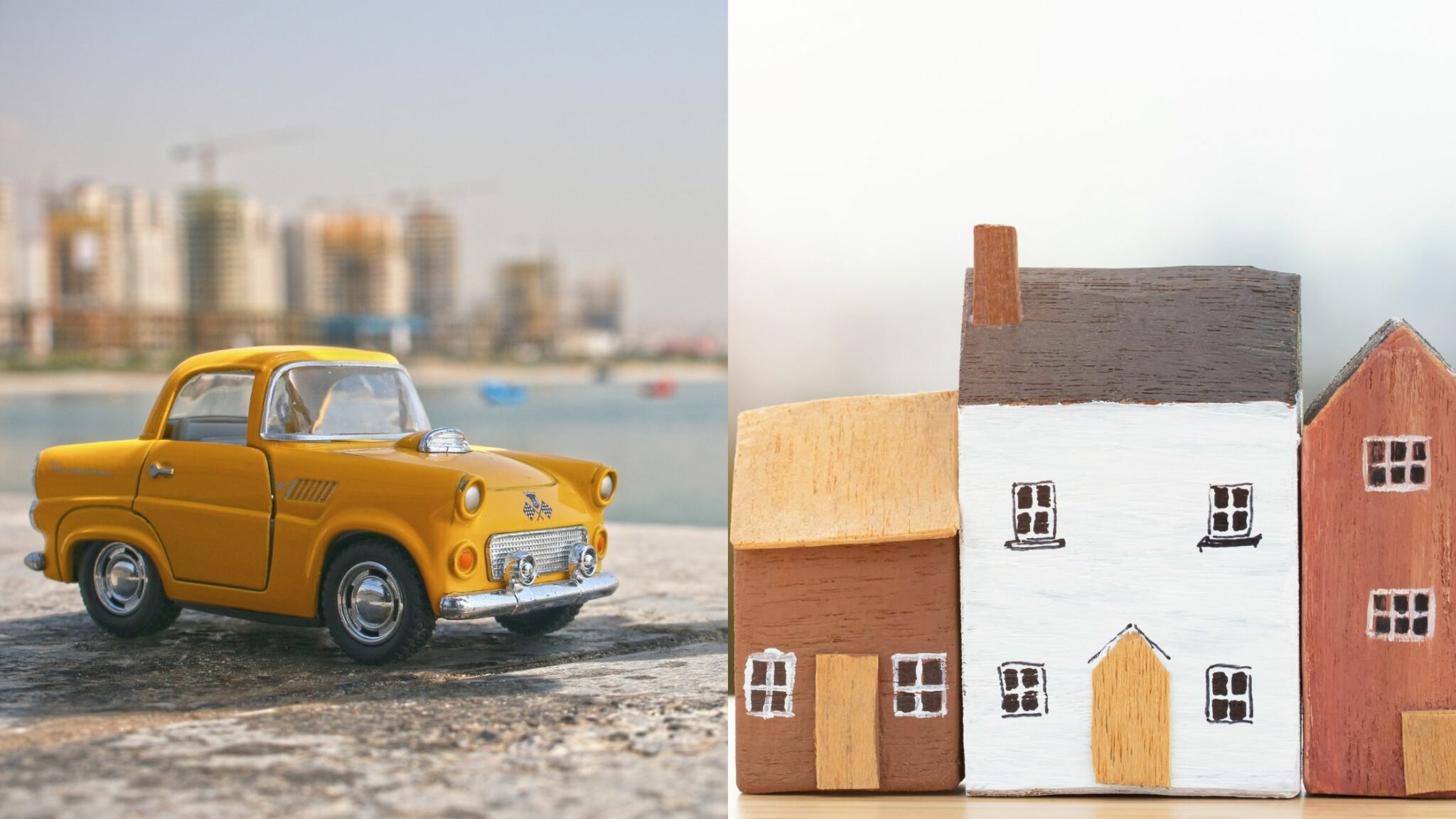

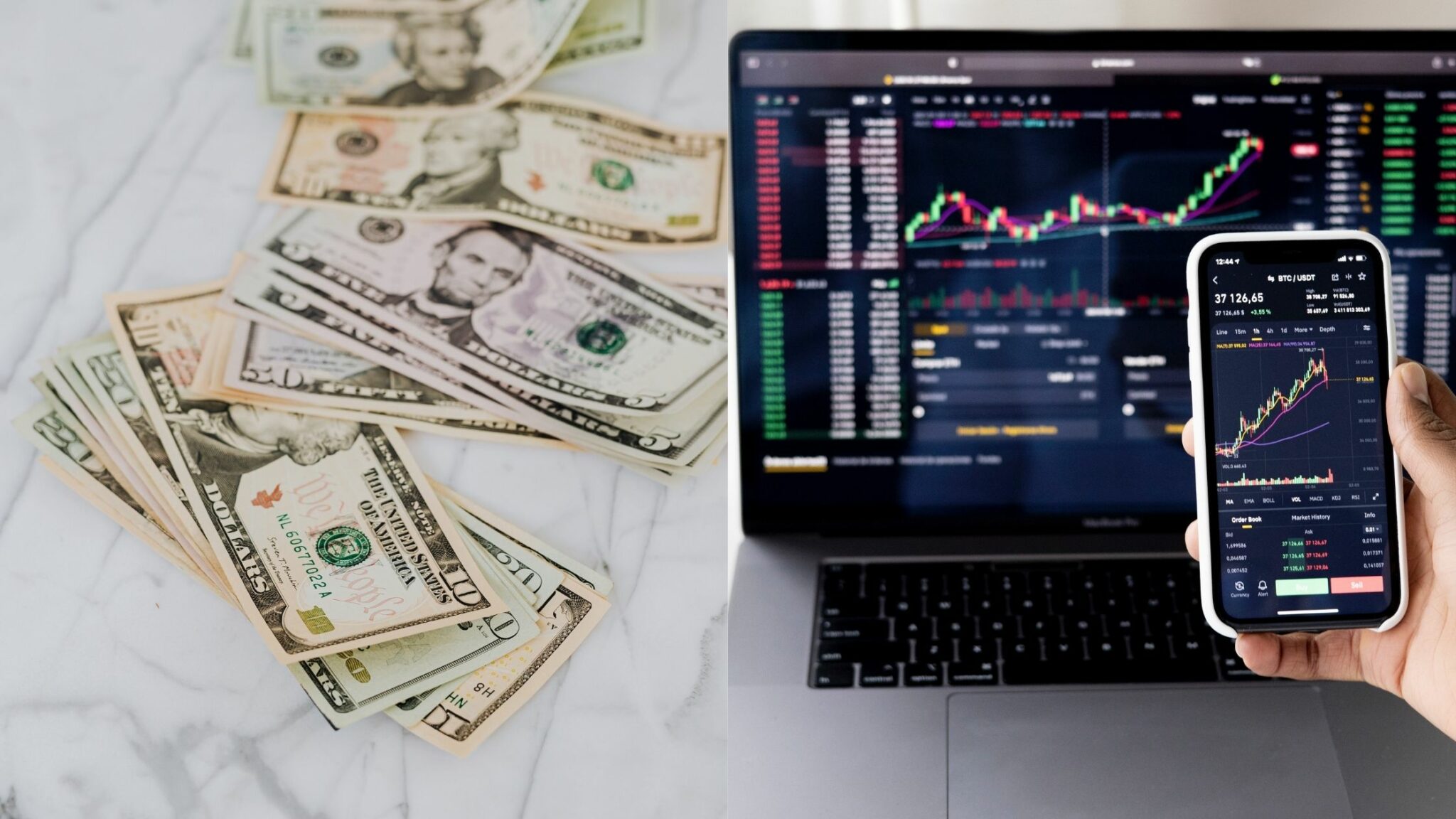
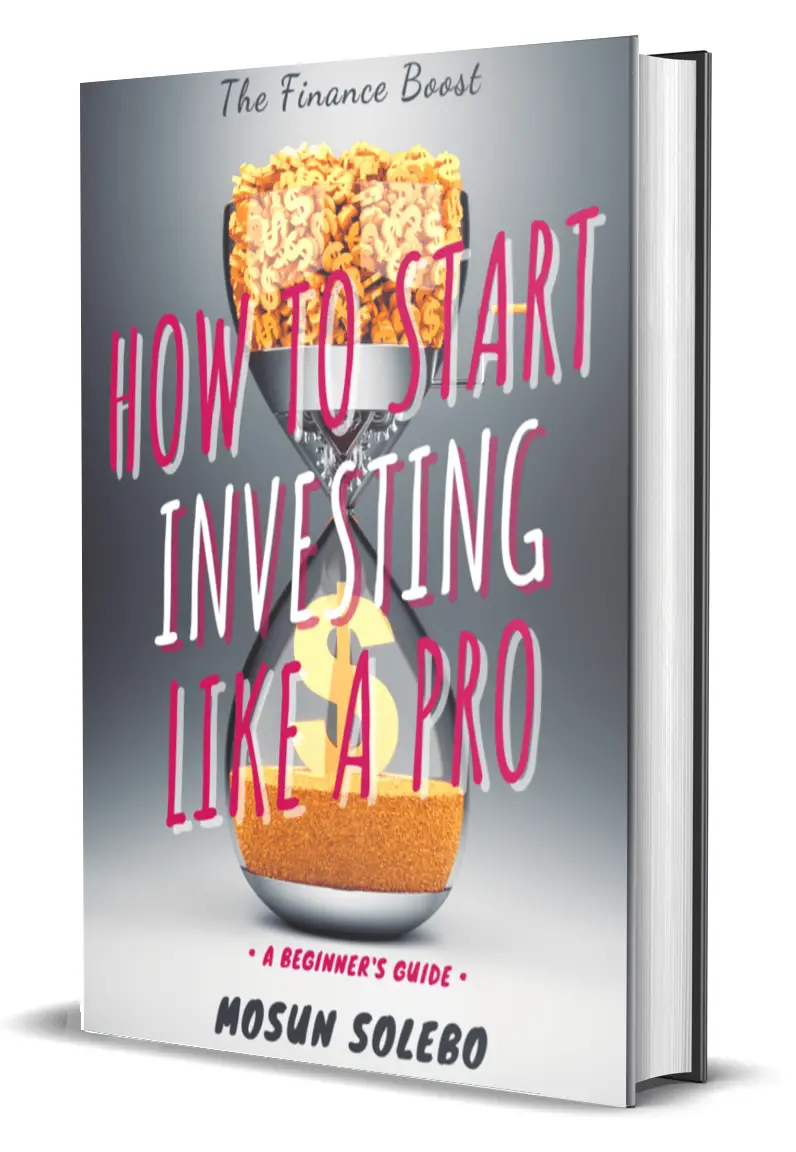



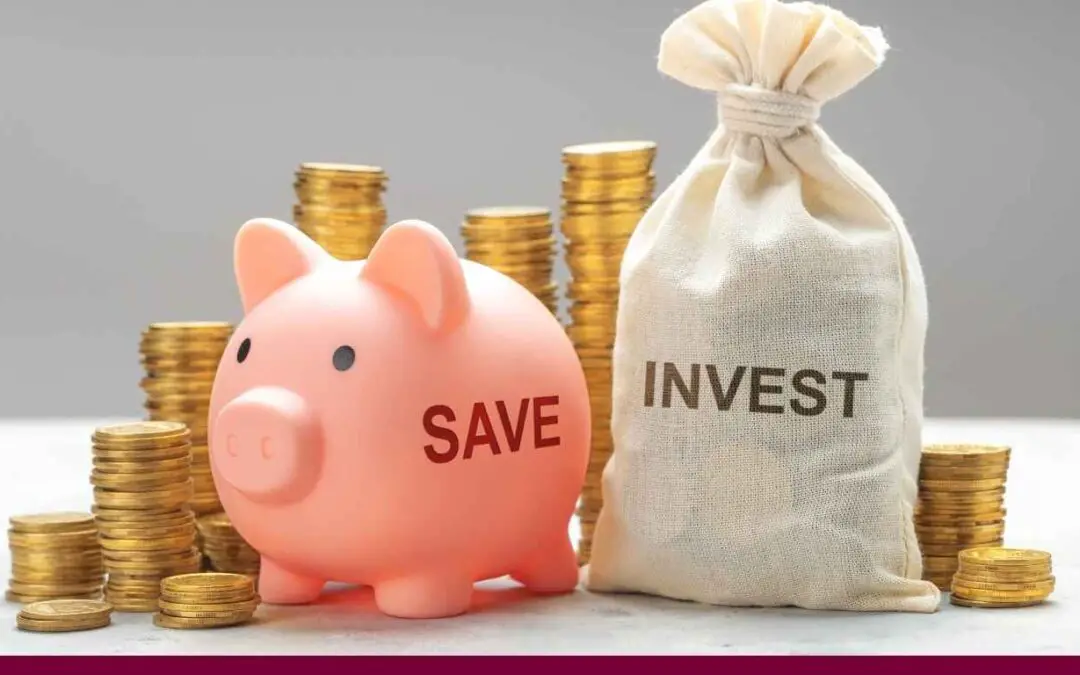
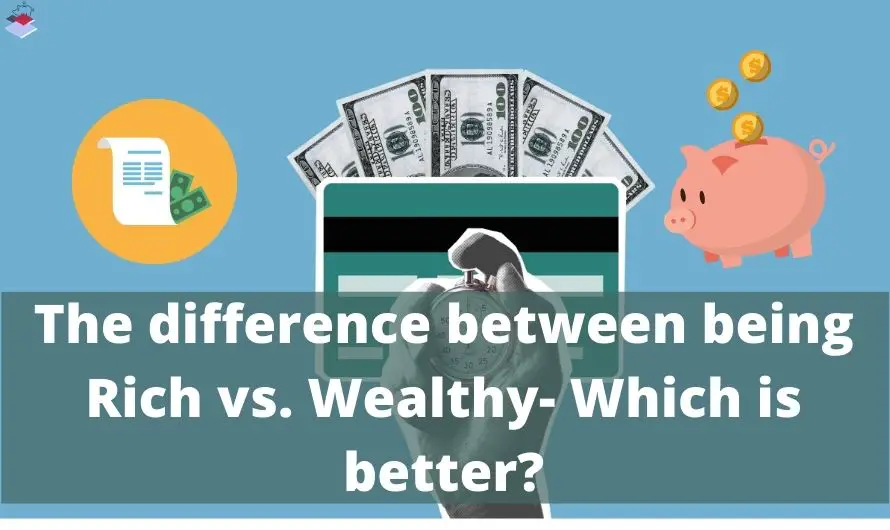



0 Comments